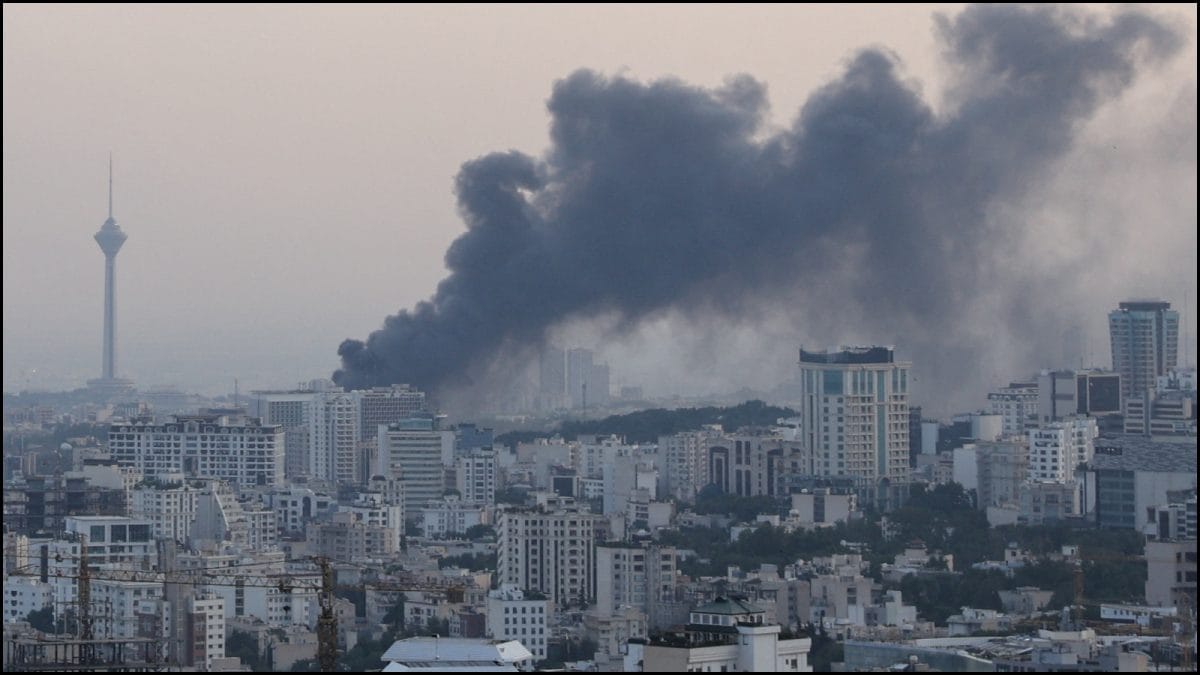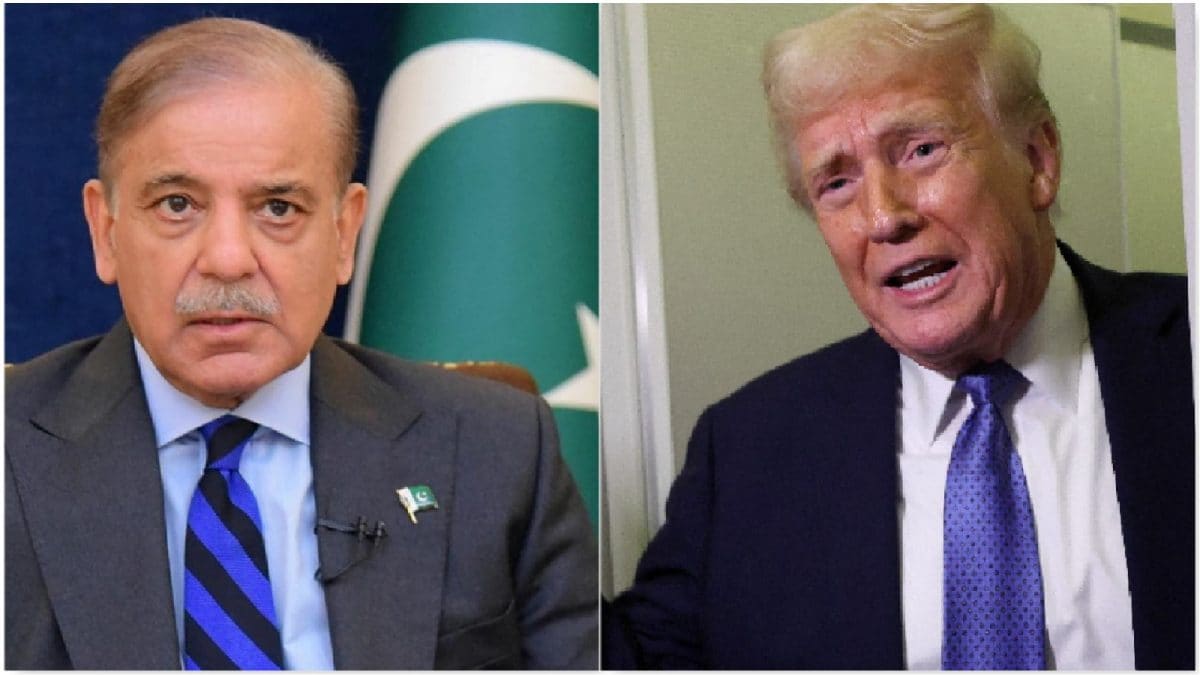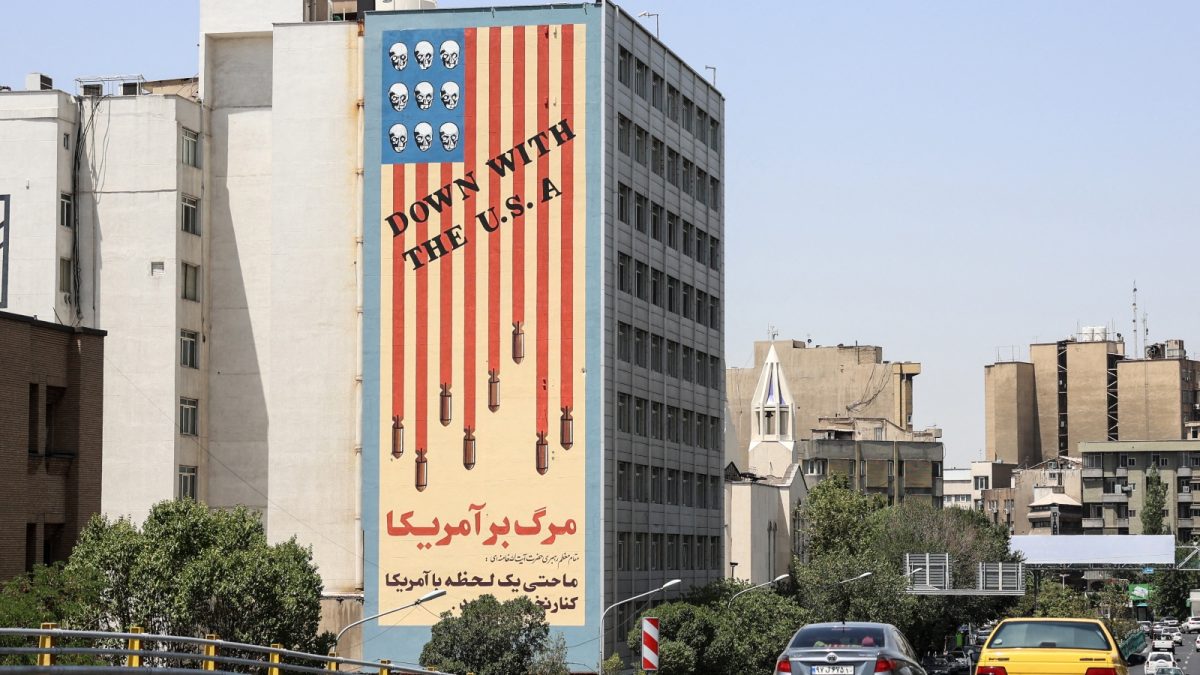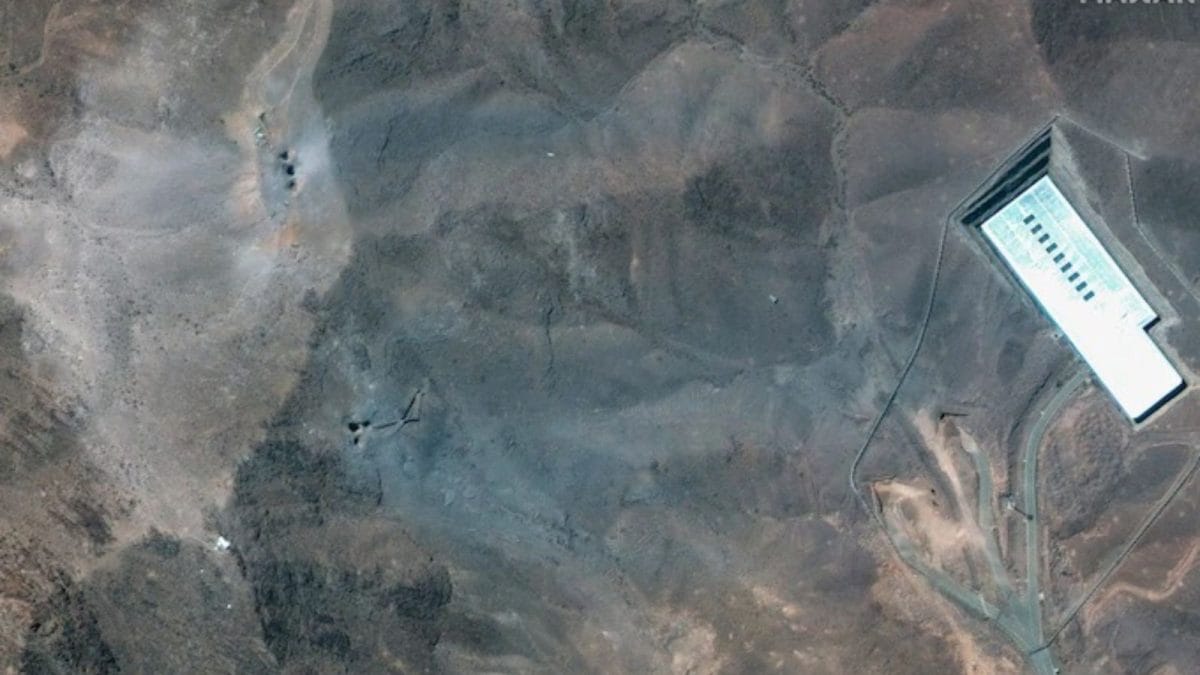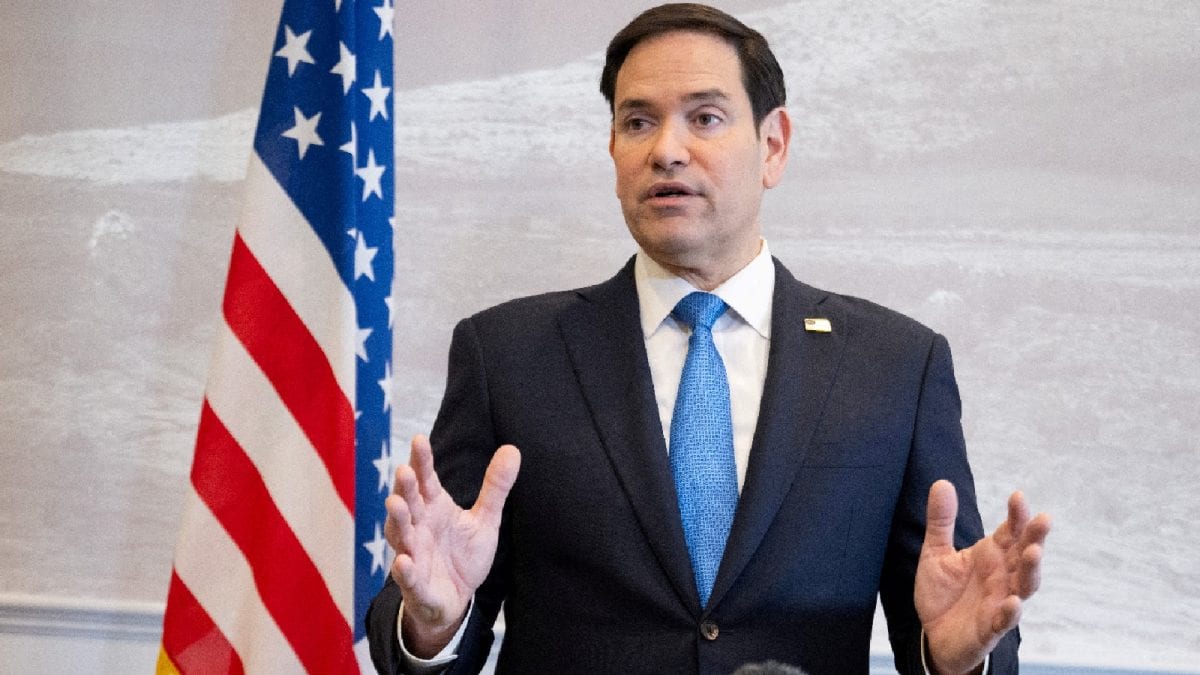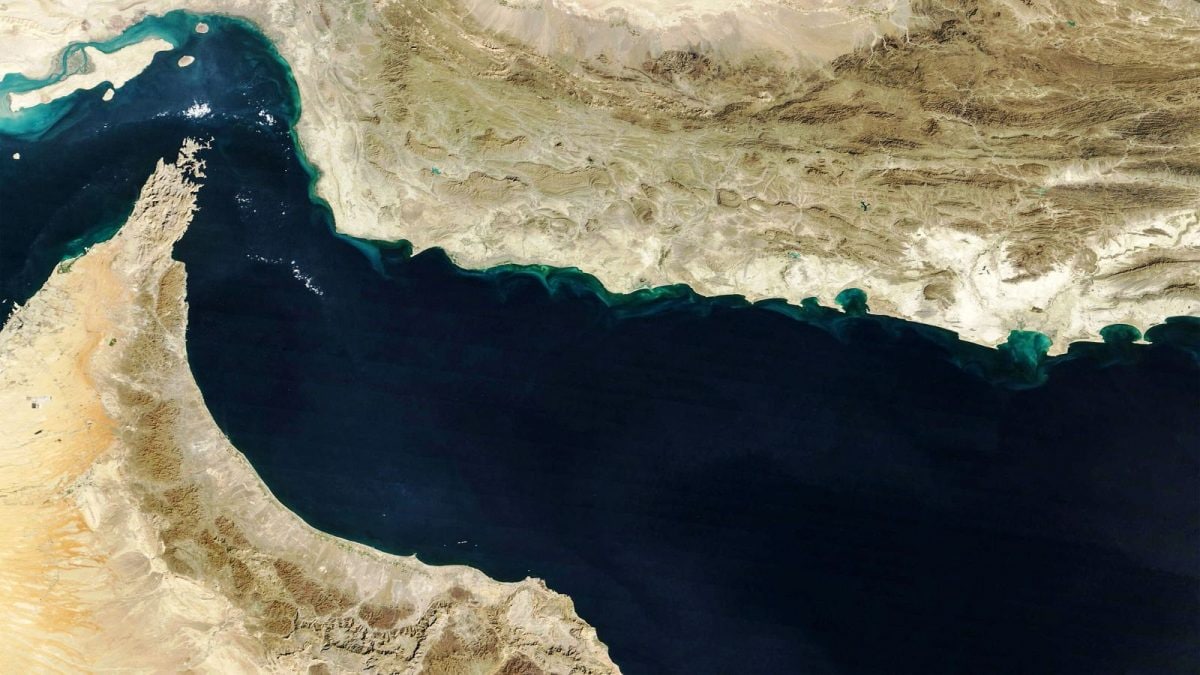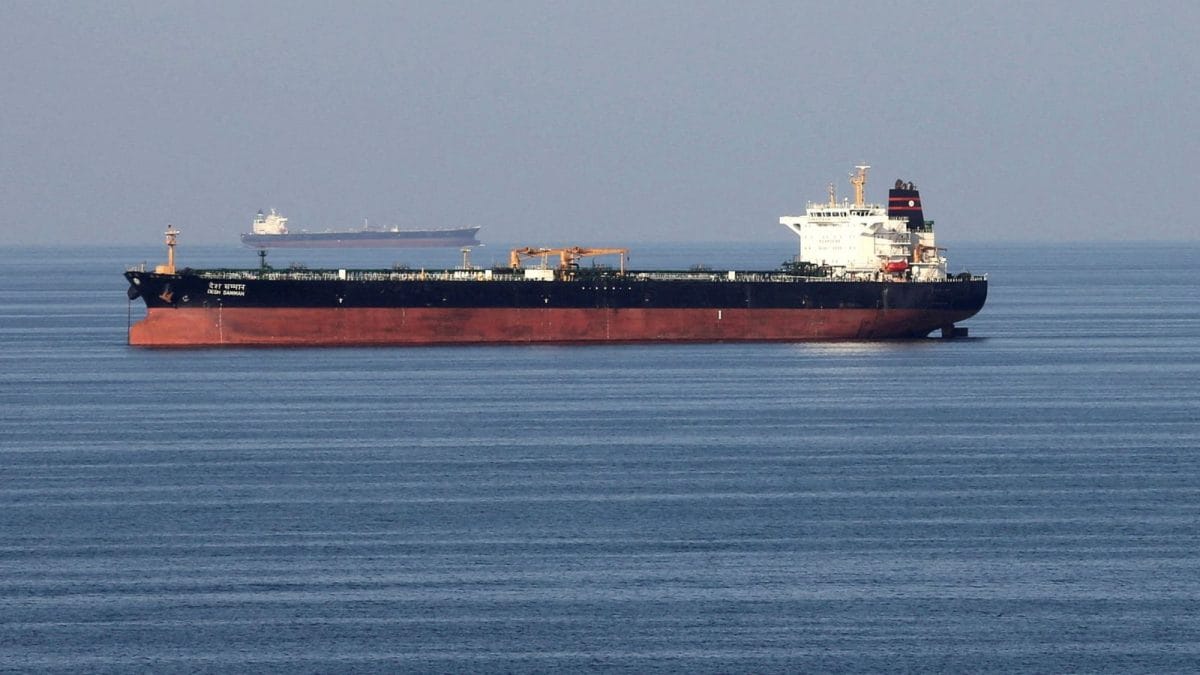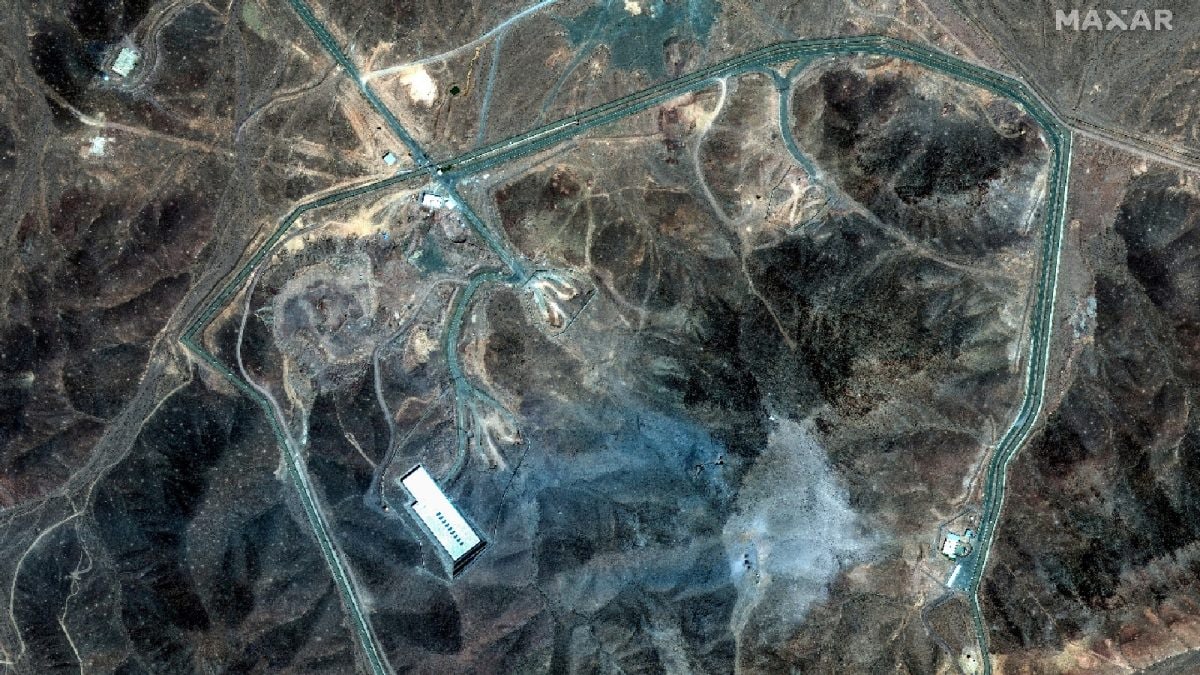If Iran goes ahead and shuts down the Strait of Hormuz, through which 20 per cent of daily global oil consumption passes, it would disrupt trade flows, send oil prices shooting up and potentially destabilising the global economy.
Iran's parliament has approved a measure to close the Strait of Hormuz, a strategic global oil shipping route, following the US's strikes on the Islamic Republic's three nuclear sites, state-run Press TV reported on Sunday. However, the Supreme Security Council, Iran's top security authority, is required to finalise the decision.
If Iran goes ahead and shuts down the Strait of Hormuz, through which 20 per cent of daily global oil consumption passes, it would disrupt trade flows, send oil prices shooting up and potentially destabilising the global economy.
Such a move could further create instability in the Middle East, which has been witnessing escalating tensions in the past 20 months, following Israel's wars with Hamas and Hezbollah in Gaza and Lebanon and the conflict with Iran, and the fall of the long-time autocratic President Bashar al-Assad in Syria.
WHAT IS STRAIT OF HORMUZ AND ITS SIGNIFICANCE?
The Strait of Hormuz is a narrow but vitally important waterway that connects the Persian Gulf to the Gulf of Oman and the Arabian Sea. It lies between Iran on the north coast and the Musandam Peninsula - which belongs to Oman and the United Arab Emirates - on the south.
The strait is approximately 167 km long, narrowing to just about 33 km at its narrowest point, with designated three-kilometre-wide shipping lanes for incoming and outgoing maritime traffic.
Published By:
Prateek Chakraborty
Published On:
Jun 22, 2025

 6 hours ago
6 hours ago







